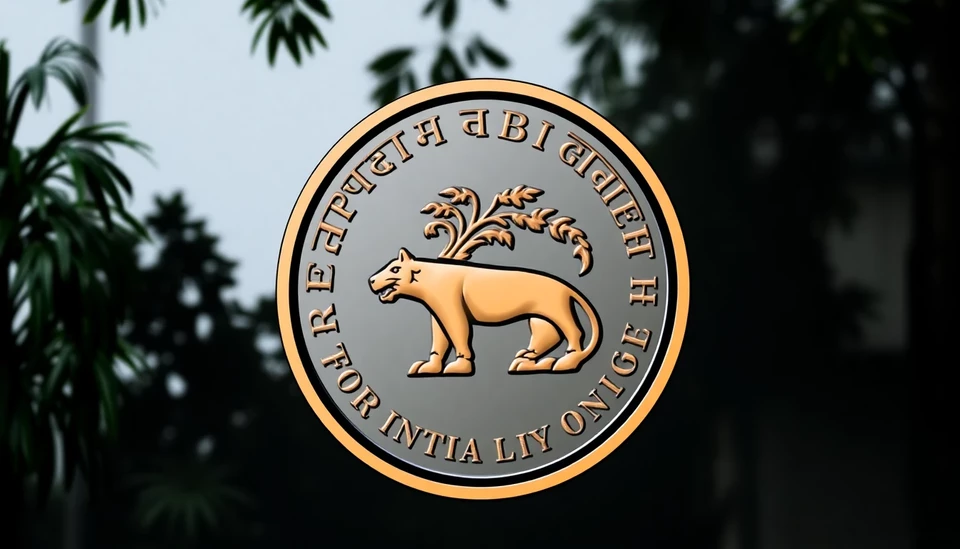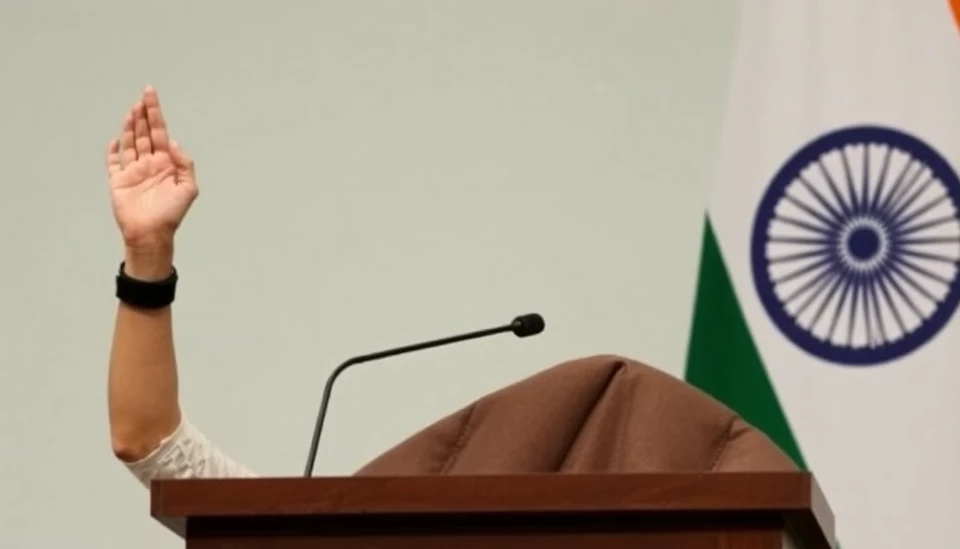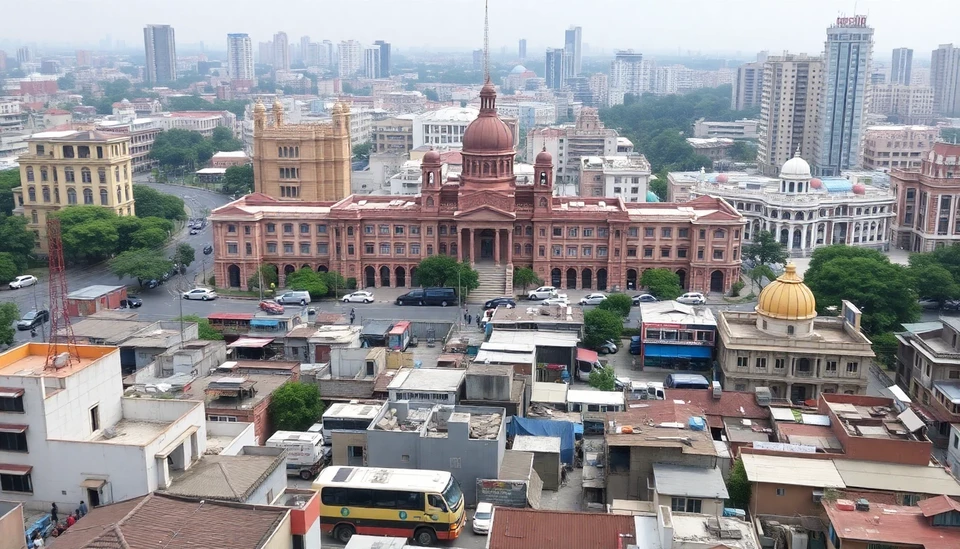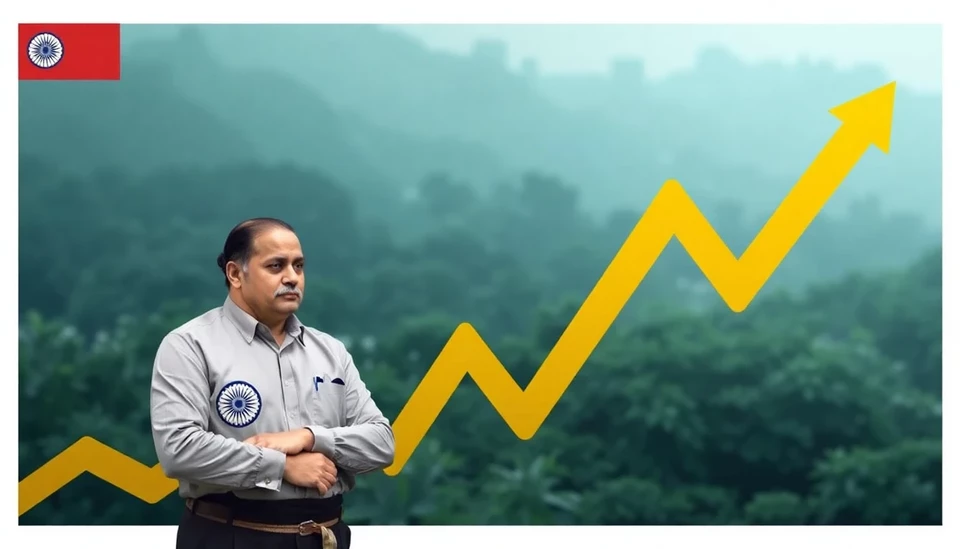
The global economic landscape is witnessing a notable shift as the world’s fastest-growing major economy, India, experiences a significant slowdown. After a remarkable period of rapid growth, the consistent surge in the country’s GDP is starting to decelerate, prompting concerns among economists and policymakers alike.
Recent reports indicate that India’s growth rate, which had previously soared to an impressive 7.2%, is now projected to decline to around 6% for the upcoming fiscal year. This reduction is attributed to a combination of external pressures and internal challenges, including global inflation, fluctuating commodity prices, and a cooling demand within various sectors, particularly manufacturing and exports.
Analysts suggest that the slowdown could also be influenced by the ongoing effects of the pandemic, which continue to ripple through the economy. Despite the initial rebound, businesses are still grappling with supply chain disruptions and the lingering impact of labor shortages, which have hindered productivity levels across industries.
The Indian government has implemented various measures aimed at stimulating the economy, including infrastructure investments and policy reforms designed to attract foreign investments. However, experts warn that these initiatives might take time to materialize in terms of tangible economic growth.
Moreover, the Reserve Bank of India is faced with the delicate task of balancing inflation control while supporting economic growth. With rising consumer prices putting pressure on households, the central bank's response will be crucial in determining the trajectory of India’s economic recovery in the months ahead.
Internationally, this slowdown raises questions about the potential ramifications for global markets and economies that heavily depend on India’s growth. As domestic demand weakens, countries that export goods and services to India may need to reconsider their forecasts and adjust their strategies accordingly.
In conclusion, while India continues to position itself as a key player in the global economy, the recent slowdown serves as a reminder of the vulnerabilities that persist, making it essential for stakeholders to remain vigilant and responsive to changing economic conditions.
In summary, the shift from rapid growth to a more moderate pace raises significant questions for both domestic policies and international economic relations, spotlighting the need for proactive measures to navigate these challenges effectively.
As these developments unfold, all eyes will be on India's ability to maintain its status as a dominant emerging market while addressing the multifaceted issues that contribute to this growth deceleration.
#IndiaGrowth #EconomySlowdown #GlobalEconomy #GDPTrends #EconomicPolicy #ReserveBankofIndia
Author: Rachel Greene




